

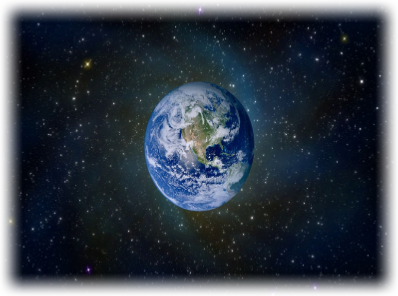
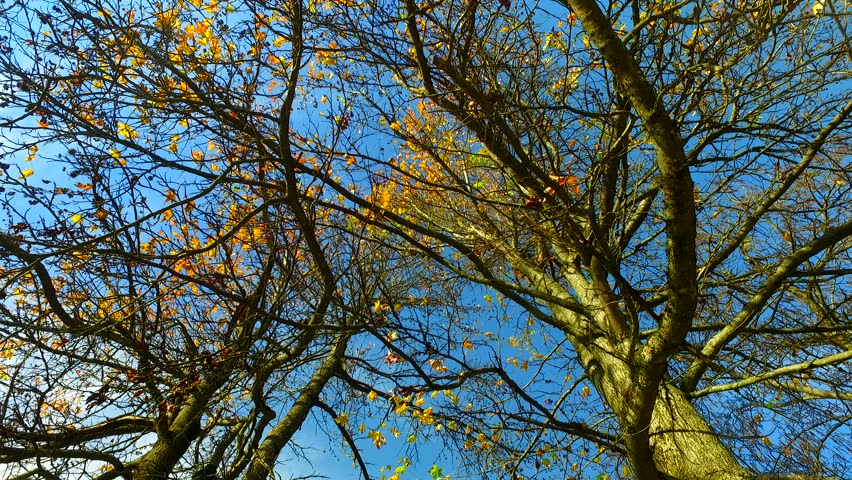

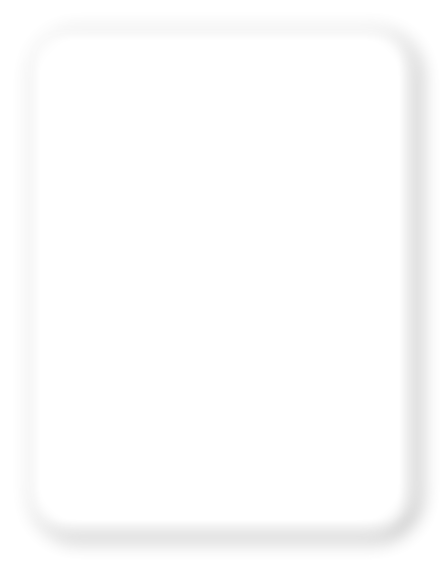
The Trees
Do you think of them as decoration?
Think again.
Here are maples, flashing.
and here are the oaks, holding on a winter
to their dry leaves.
And here are the pines, that will never fail,
until death, the instruction to be green.
And here are the willows, the first
to pronounce a new year.
May I invite you to revise your thoughts about them?
Oh, Lord, how we are all for invention and
advancement!
But I think
it would do us good if we would think about
these brothers and sisters, quietly and deeply.
The trees, the trees, just holding on
to the old, holy ways.
Mary Oliver
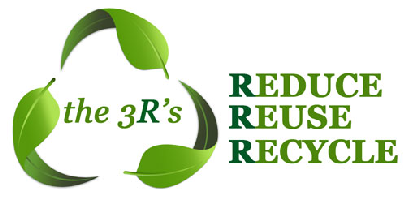
The Three R’s – or should it be Four?
Nuala Cole Reflects
The three R’s: Reduce, Reuse and Recycle are familiar words. Using another R word, I reflect on what they mean for me – what implications they have for how I live.
I watched Blue Planet II on BBC recently – a wonderful documentary about the Deep Blue Ocean, so incredibly beautiful, but so endangered today. It explored what pollution is doing to marine life, how plastic and industrial waste cause havoc to the creatures who live in the ocean, our siblings as Pope Francis reminds us. It was heart-
What can I do? The three R’s can be a helpful guide:
Reduce: There is so much clutter in my life so much that is superfluous. Can I reduce the amount of waste I create? There are the packets of this and the bottles of that, the sweater I didn’t really need to buy, but was on sale, the journey I didn’t need to make. Do I need to turn the heat up or could I wear warmer garments? In hill-
Reuse: A new model comes on the market and I am tempted to discard the one I have, which doesn’t have quite the same features, or has been damaged in some way. Do I really need it? There is so much I can reuse, so much that can be repaired. I can wield a needle and thread to mend the ripped seam, or replace the broken zip. Repairing and refurbishing can be very creative activities. There is so much I can reuse myself, or that I can pass on to others. Clothes, shoes, household goods, books and DVDs can be given to charities like SVP or to book fairs etc.
Recycle: We are all learning to recycle, but often it takes added time to rinse out the yoghurt jar or milk carton, and to make my way to the bottle bank. I need to be familiar with what my local authority will accept for recycling, and with the recycling logo used on packets, wrapping, jars etc. Am I willing to make the effort, and to do so consistently?
Care of the earth, our beautiful planet, which is under such threat from the way we live today, may ask quite simple gestures, but if we all try to do our best we could make a small but significant contribution. The Earth Charter reminds us that we stand at a critical moment in Earth’s history – a time when we must choose our future. Let us remind ourselves that once our basic needs have been met, human development is about being more, not having more. So, may I suggest that we all add that 4th R and reflect before we even begin to reduce, reuse, recycle?
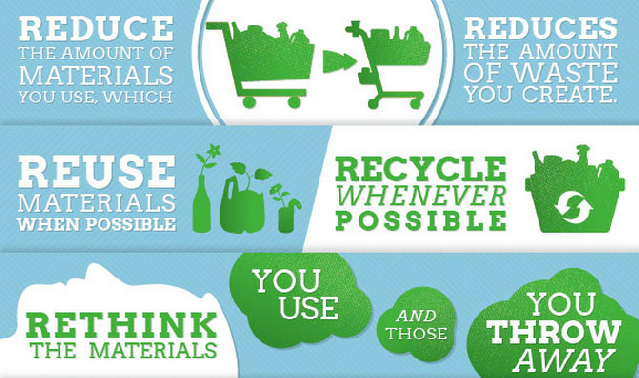
As we approach the Winter solstice, that day when our ancestors hailed the return of the sun; and as we approach Christmas, when we in our day, hail the Incarnation, the Word becoming flesh, we note how Pope Francis reflects on the Incarnation in Laudato Si’:
99. In the Christian understanding of the world, the destiny of all creation is bound up with the mystery of Christ, present from the beginning: “All things have been created though him and for him” (Col 1:16). The prologue of the Gospel of John (1:1-
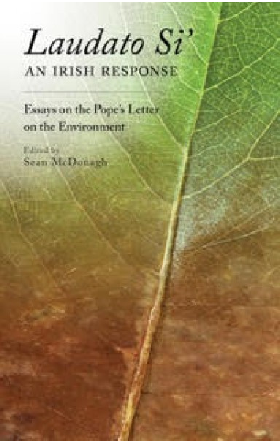
The doctrine of the Incarnation is about the eternal Word of God becoming flesh in Jesus: the Word became not only human (anthropos) but also flesh (sarx) which is cosmic dust enlivened by the breath of God. This emphasis on flesh (sarx) connects the Word of God not only to the whole of humanity made up of flesh but also to the ancient cosmic dust that evolved into flesh through the breath of God.
The Word of God, enfleshed in Jesus, is, therefore, linked to the whole of humanity and the wider community of life on earth that has its origins in the evolution of the cosmos. If we can appreciate the human as cosmic dust in a state of consciousness and, therefore, every human being as a child of the cosmos, including Jesus, then we should be able to appreciate the word (the Logos) wedded to the human, to the flesh of the earth and the dust of cosmos. The Incarnation reaches into the core of humanity and the heart of the creation.
Dermot Lane writing in Laudato Si’: An Irish Response.

O God, in ancient Decembers,
In the narrow corridor at Newgrange,
Ancestors huddled very low,
Yearning for the solstice sun.
We, too, wait -
We wait expectantly in the pregnant, holy dark.
Christ of the cosmos, Living Word;
Come to heal and save.
Come from the depths of eternity,
Unfolding the purposes of God.
Come from the dawn of time,
Shaping the universe :
Divine expression
Mystery made known
In your quiet hidden way,
Come to heal and save.
Incognito in our streets,
Between the concrete, between the cracks,
Behind the curtains, within the dreams,
In ageing memories, in childhood wonder,
In secret ponds, in broken hearts,
In Bethlehem stable, still small voice,
Word of God, amongst us.
Come to our divided world;
Come to our fragmented lives;
Come to heal and save,
In you our life is one again,
And all things come together:
each connected to the other,
ourselves and all things living:
Heaven and earth, time and space,
the whole created universe in you
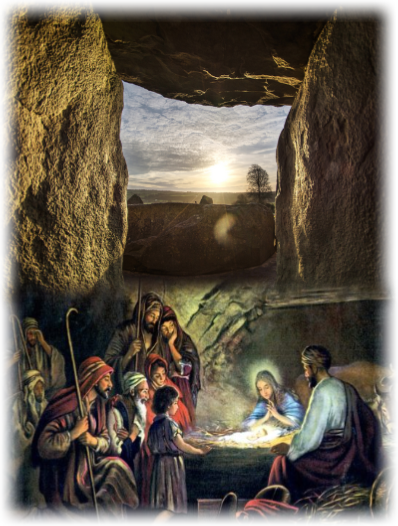
Commenting on this article, Dermot Lane has the following to say:
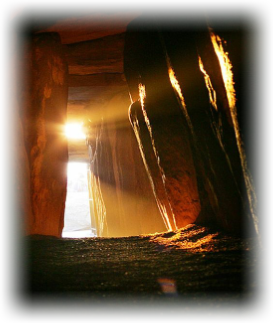
The Winter Solstice at Newgrange will be streamed live this year from 8.30 a.m. on Wednesday 20 and Thursday 21 December
and can be viewed at the link below
